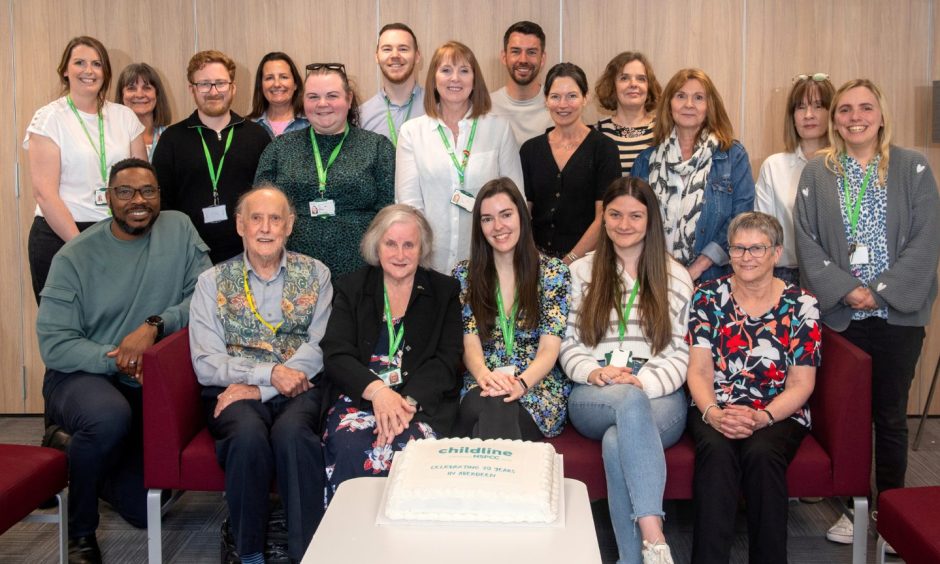
From the outside, Childline in Aberdeen looks like any other non-descript office block set back from Union Street.
But inside there’s a peaceful room warmly lit with little desk-top lamps, where people of all ages sit at desks wearing headsets.
They listen, and speak calmly and kindly. But mostly, they listen.
This is Childline in Aberdeen. For 24 hours a day, seven days a week for the last 20 years, these volunteers have been there to listen to children who have nowhere else to turn.
For a terrified child suffering from abuse or living in care, it can be easier to open up to the listening ear of a stranger.
‘I would go if my mum got taken into rehab or hospital’
One 15-year-old girl told a Childline counsellor about her problems at home, her story is shared with permission.
She said: “I’m struggling at the moment. I had an argument with my mum who hasn’t been looking after me very well.
“She’s been drinking a lot lately – she’s currently asleep on the sofa.”
The girl added: “There are jobs that need doing. I do have other family, but I just don’t feel like I get the support I need.
“Social Services are involved, but I worry about where I would go if my mum got taken into rehab or hospital.”
Neglect, abuse and family relationships were the predominant themes among children when Childline began in 1986.
And sadly, volunteers still receive thousands of calls about this.
But there has been a shift in recent years with cyber-bullying and mental health coming to the fore.
George has volunteered for Childline Aberdeen since the start
Childline is a safe space for youngsters to speak confidentially and openly with no judgement.
In the two decades since the base opened in Aberdeen, volunteers have carried out 213,670 sessions with children across the UK.
Last year around 1,300 calls were from children in Aberdeen and Aberdeenshire – based on those who disclosed their location, because all calls are anonymous.
And two of the friendly voices at the end of the phone – or webchat, Childline constantly adapts to children’s needs – are George Berstan and Betty Bates.
George and Betty have been with Childline in Aberdeen since it founded.
Betty, 77, was a support worker at Grampian Police for 30 years, and said she volunteers because “you’re helping someone else and could be preventing a child from being harmed”.
Now in his 80s, George began volunteering after taking early retirement from a career in youth and community work.
He has received recognition for his volunteering, and previously represented the Aberdeen base at a reception at Buckingham Palace.
Childline provides a safe space for children who don’t have one
George is softly spoken with a gentle Orkney accent, it’s easy to see why youngsters feel comfortable opening up to him.
Of course, age is no barrier in volunteering, and Childline has become part of his weekly routine.
Childline bridges the generations, and volunteers constantly undergo training to stay up-to-date with contemporary issues and lingo.
And Childline is every bit as relevant in the digital age as it was 20 years ago – or in 1986.
George said: “It’s a safe place for children – and a lot of children don’t have a safe place.
“I firmly believe that what Childline offers to children and young people plays an important part in their wellbeing and I’m pleased that I have been able to contribute a little to this vital work.”
Volunteers trained in web chats to keep up with the digital age
For George, the biggest change since he started has been the way in which children get in touch.
Previously it children got in touch by phone, or even letter.
George said: “The biggest change was the move from voice to web-based contact.
“From voices you can hear things that aren’t said. The tone of voice, the speed of voice, you can pick up so much from that that you cannot from words.
“You can read so much into the way people use language, but it’s not the same as picking up the vibes you get coming through speaking.”
But George explained messaging is how most young people communicate now, and Childline has trained its volunteers in web chats to keep up with the times.
He added: “Talking to a stranger on the phone can be a daunting prospect for many – adults as well as young people – but chatting on a web page can be less stressful.”
Children increasingly report mental health concerns
But the internet can be a double-edged sword. While children can find answers to their questions, George also highlighted the “information and misinformation” available to them.
He added: “The downside of the web is the way people of all ages use it to vent their own negativity towards both events and other people.
“Young people are not immune to this trend, which is often the cause of much hurt and mental distress.”
This theme of cyber-bullying is echoed by Paul Johnson, Childline team manager in Aberdeen.
Paul started volunteering at Childline in Aberdeen himself 10 years ago before becoming a manager, so knows only too well the crises children face.
‘Children can’t switch off from bullying at home now’
While abuse, bullying and family relationships were the dominant themes, there has been a shift in the last eight years.
Paul said: “The primary main concern with young people coming through is mental and emotional health – which is often underpinned by other things impacting on them.
“Bullying, is now not confined to in-person school bullying, it’s the whole online world.
“Previously if it happened at school, they went home and were safer, but because people can be contacted at all times online there’s not really any switch off from that.”
And just in the last few weeks, volunteers have also been fielding children’s exam anxieties.
One schoolchild told a counsellor: “I don’t want to disappoint my teachers or parents.”
A young person gets in touch with Childline every 45 seconds
Paul leads a team of around 75 volunteers, compared to the 22 or so that started when Childline Aberdeen’s base first opened at Poynernook Road in 2004.
At that time, volunteers across Scotland were fielding 560 calls a day.
But due to demand, fewer than half of those youngsters were getting through.
Now Paul and his team try to ensure no child’s call goes unanswered.
And a lot of calls and contacts are received – a child gets in touch every 45 seconds on average.
In the counselling room in Aberdeen there’s a big screen showing live statistics; how many calls are waiting, how many are being answered.
Gesturing to the screen, Paul explained that every child who wanted to speak to a counsellor did so during that shift.
Teacher-turned-volunteer sees issues facing children beyond the classroom
Even during Childline Aberdeen’s 20th anniversary celebrations, the volunteering didn’t stop.
One of the counsellors just ending her stint on the phones was Lisa Simons.
Lisa was previously a teacher and wanted to use her skills in a different way to help children.
“You see the other side to being a teacher, you see the issues that families have beyond the classroom”, she said.
“From when I was teaching to now, issues have changed a great deal because of the internet and social media.
“But without Childline’s webchats I don’t think some children would get in touch at all, because that’s their way of communicating, and I’ve had to learn to communicate like that.”
‘Our ethos is to listen, not judge’
During her seven years with Childline, Lisa has listened to children opening up about loneliness, bullying, self-harm, family issues, abuse and neglect.
She added: “Our ethos is to listen to the young people, and not judge.”
Volunteers regularly deal with harrowing phone calls, but Childline is there to support its counsellors as much as it is the children.
Lisa said: “The contacts can be traumatic and very, very sad, you hear things you can’t imagine happen in the world we live in.
“But the counselling room is a place of safety for the people calling, but also the people working there.
“The support is massive, it’s always a nice place to be, it’s full of laughter and smiles.”
Dame Esther founded Childline in 1986
Childline was founded by Dame Esther Rantzen in 1986 after a helpline was inundated with similar distressing stories following a BBC documentary called Childwatch.
Together with producers, Dame Esther suggested a permanent helpline could provide free, confidential counselling for children 24 hours a day.
Upon opening the Aberdeen base in 2004, Rantzen said volunteers would help “free children from their private prisons of pain”.
The volunteers are unanimous in sharing the satisfaction they get from helping children the length and breadth of the UK.
Lisa added: “Childline is up there with one of the top things I’ve ever done, it’s so rewarding, I would urge people to give it a go.
“Most people find a strength in themselves they maybe didn’t know was there.”
Thank you from Dame Esther for Aberdeen volunteers
While Dame Esther was too unwell to help celebrate the Aberdeen’s base’s 20th anniversary, her daughter, TV presenter Rebecca Wilcox, spoke to volunteers via video link.
Rebecca said: “We massively appreciate all the work all the volunteers and staff put into this brilliant charity, which is unfortunately needed now more than ever.
“But what fantastic work. What a fantastic 20 years and here’s to 20 more.”
Rebecca also read out a message on behalf of Dame Esther: “Aberdeen Childline has wonderful volunteers, superb staff and outstanding cake baking.
“A very, very happy birthday to all of you at the Aberdeen base. You have helped thousands and thousands of children who had nowhere else to turn to.
“On their behalf, happiest birthday.”
Where to find more information and support
- Children and young people can contact Childline free by calling 0800 1111 or visiting the website. Adults concerned about a child can contact the NSPCC Helpline on 0808 800 5000 or via help@nspcc.org.uk.
- Anyone interested in volunteering with Childline can find out more information here.
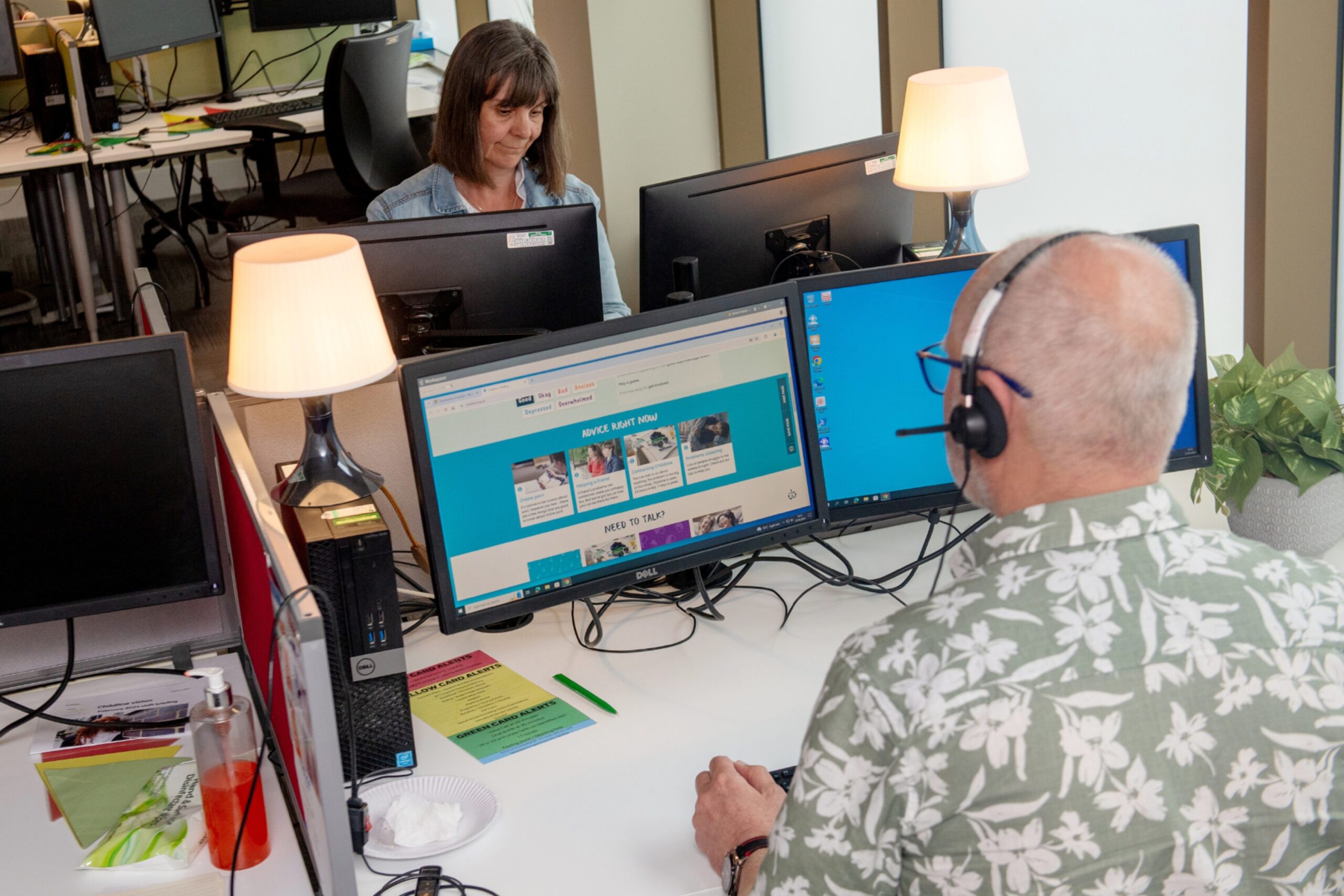
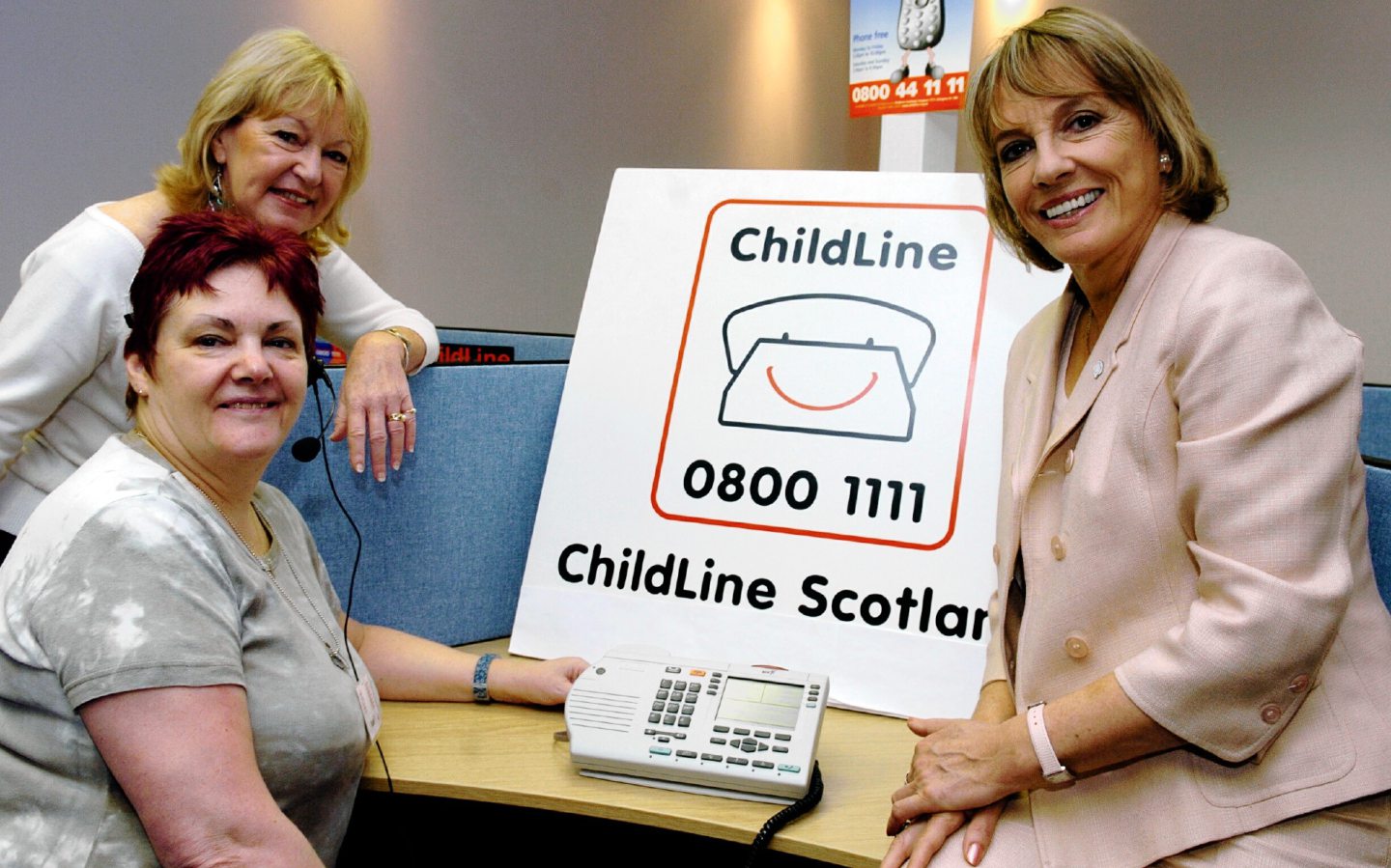
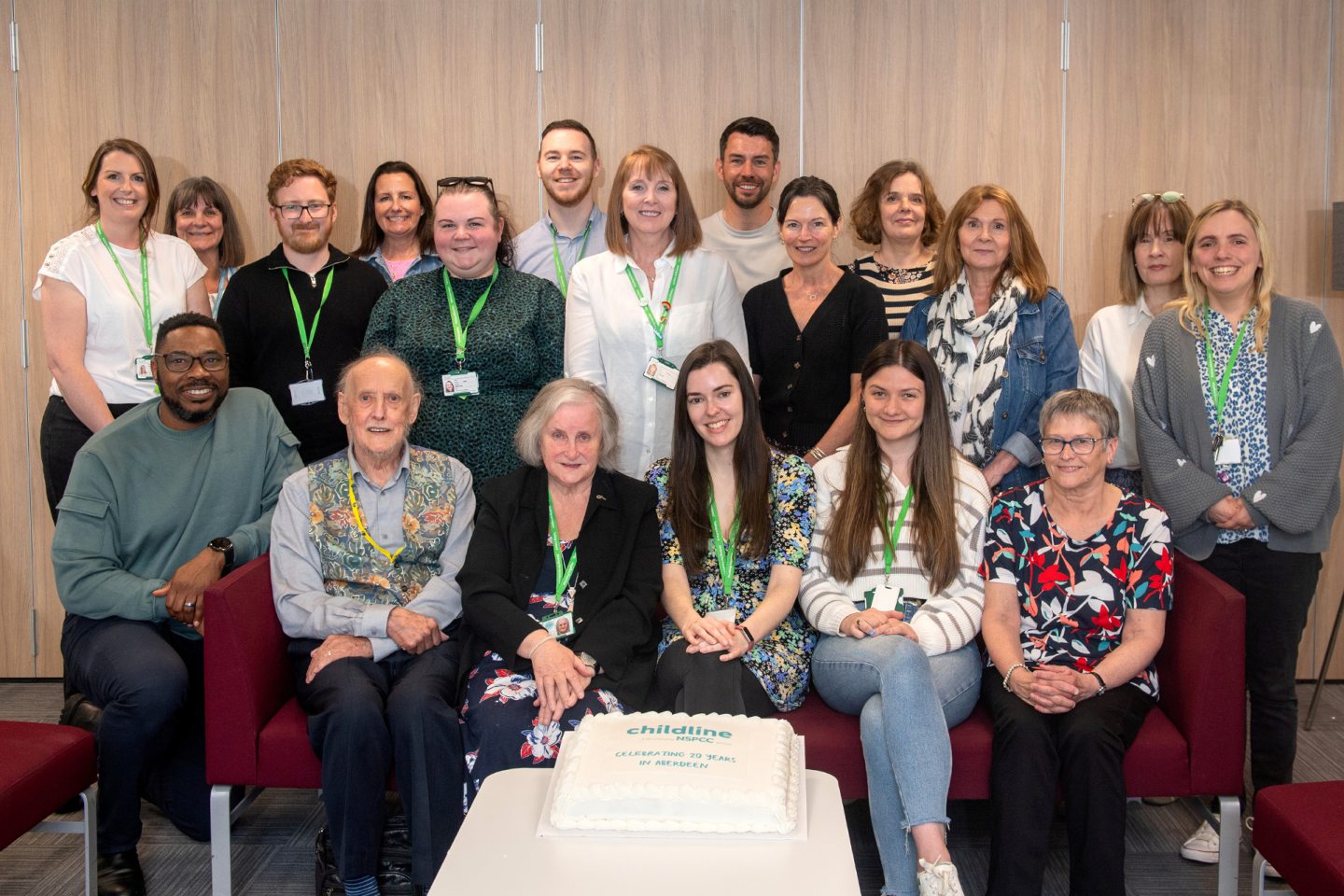
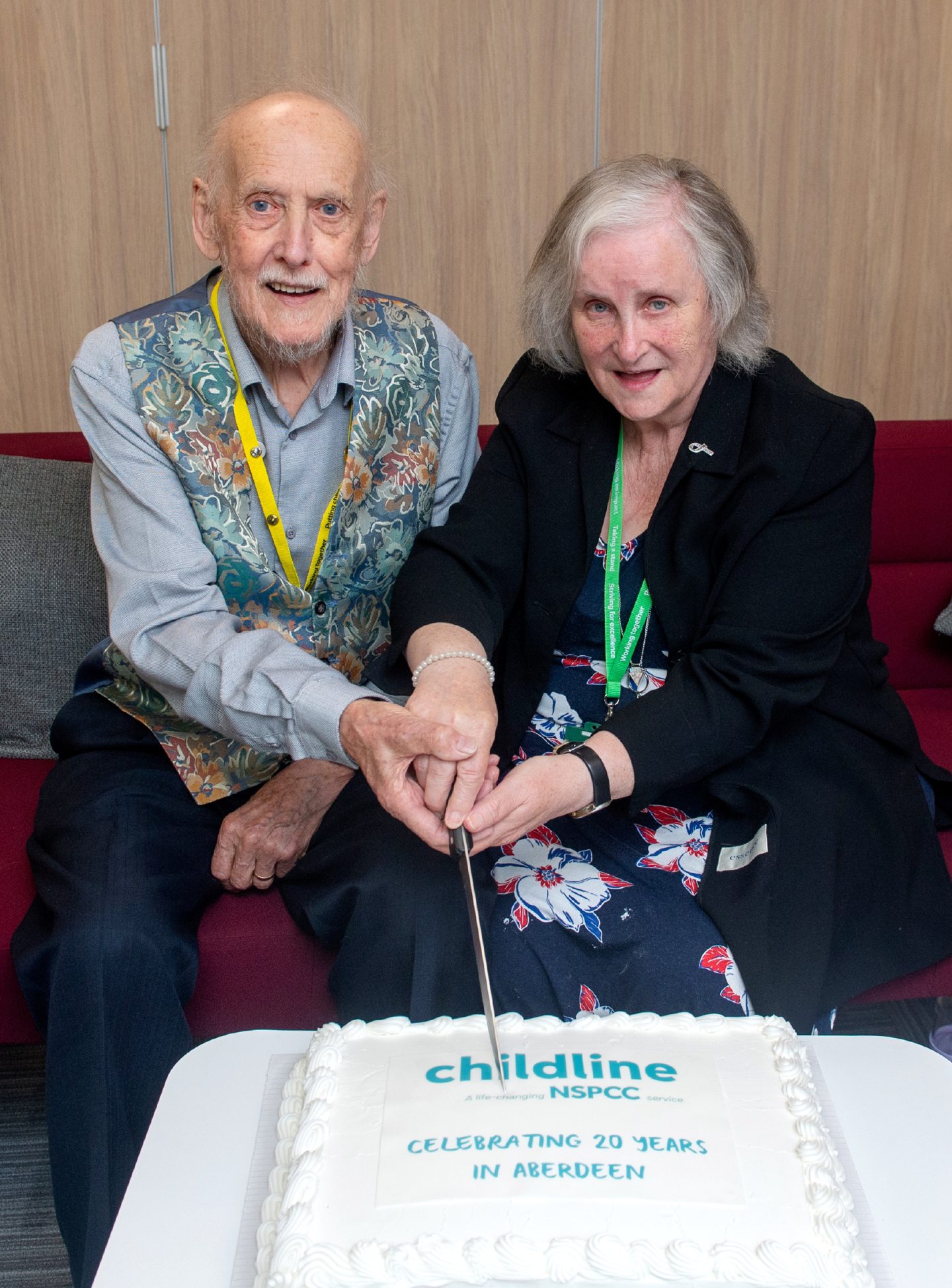
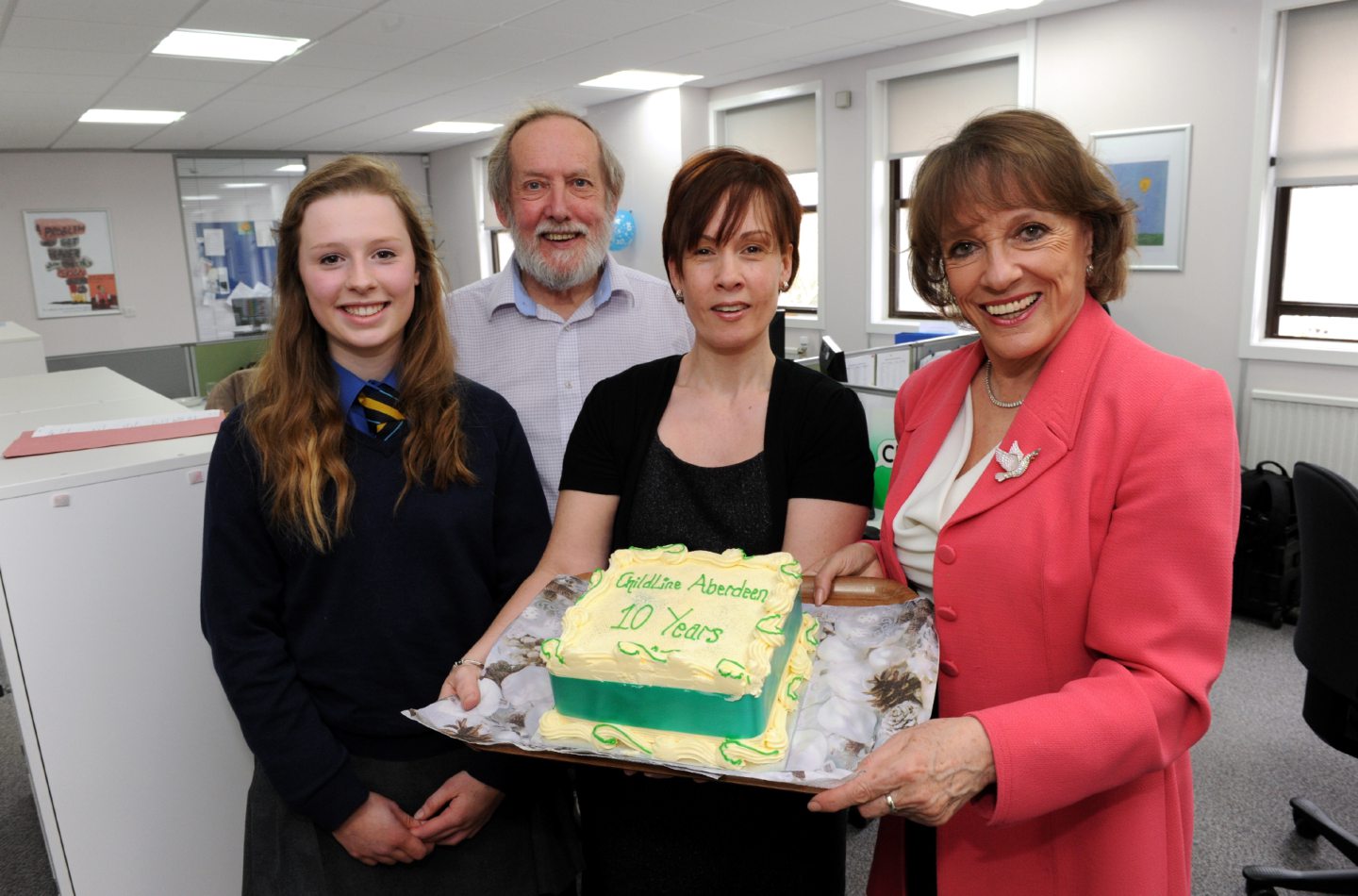
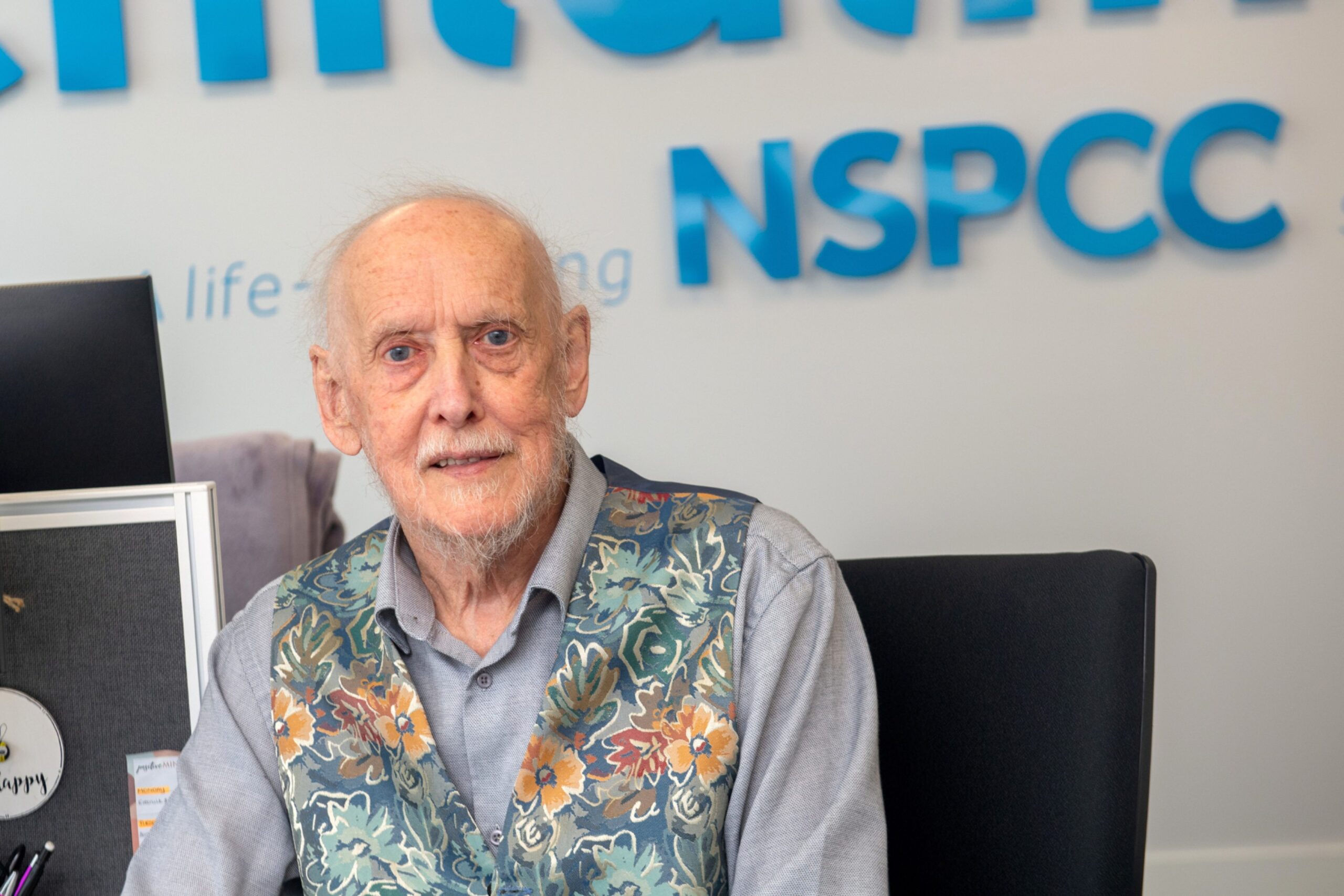
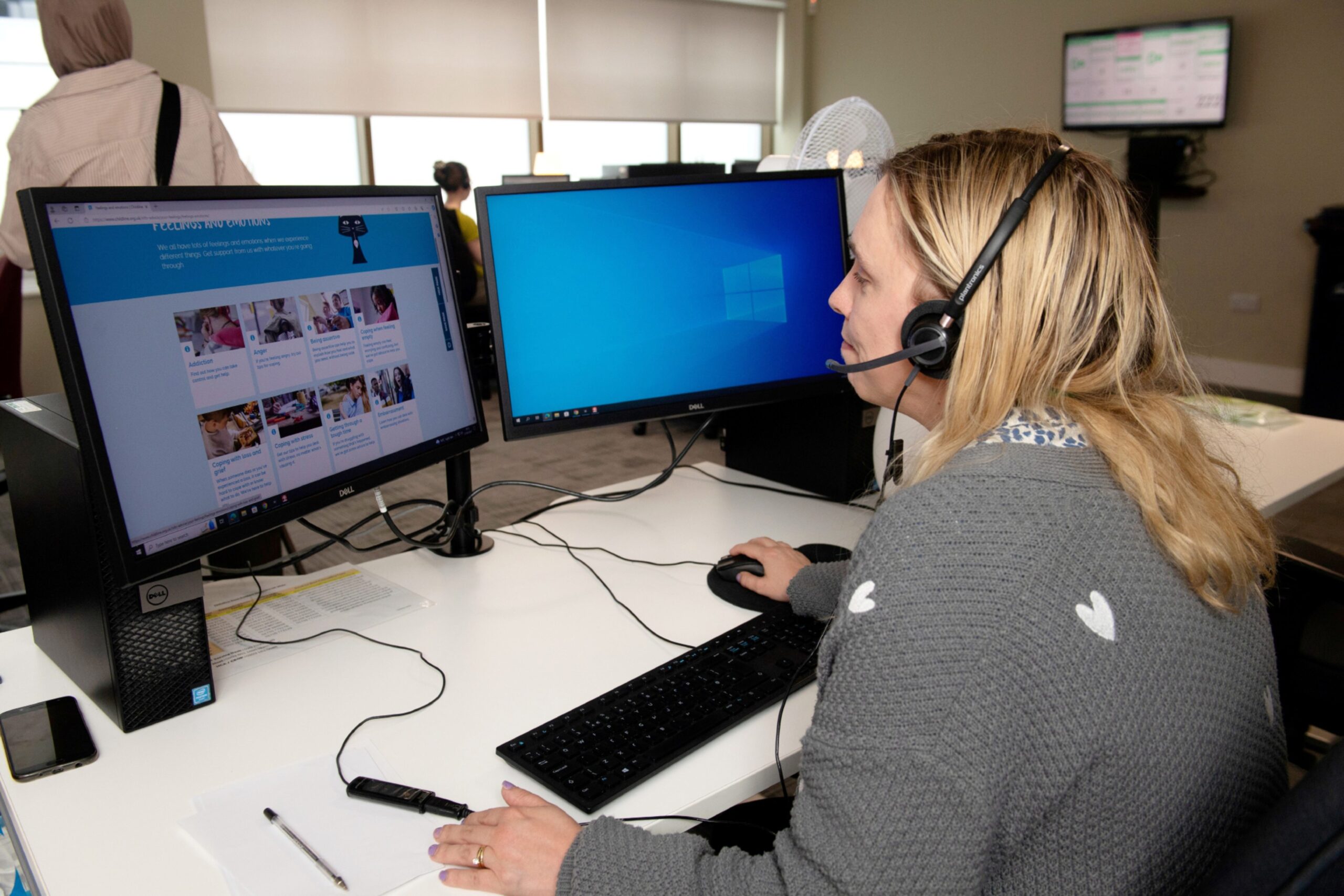
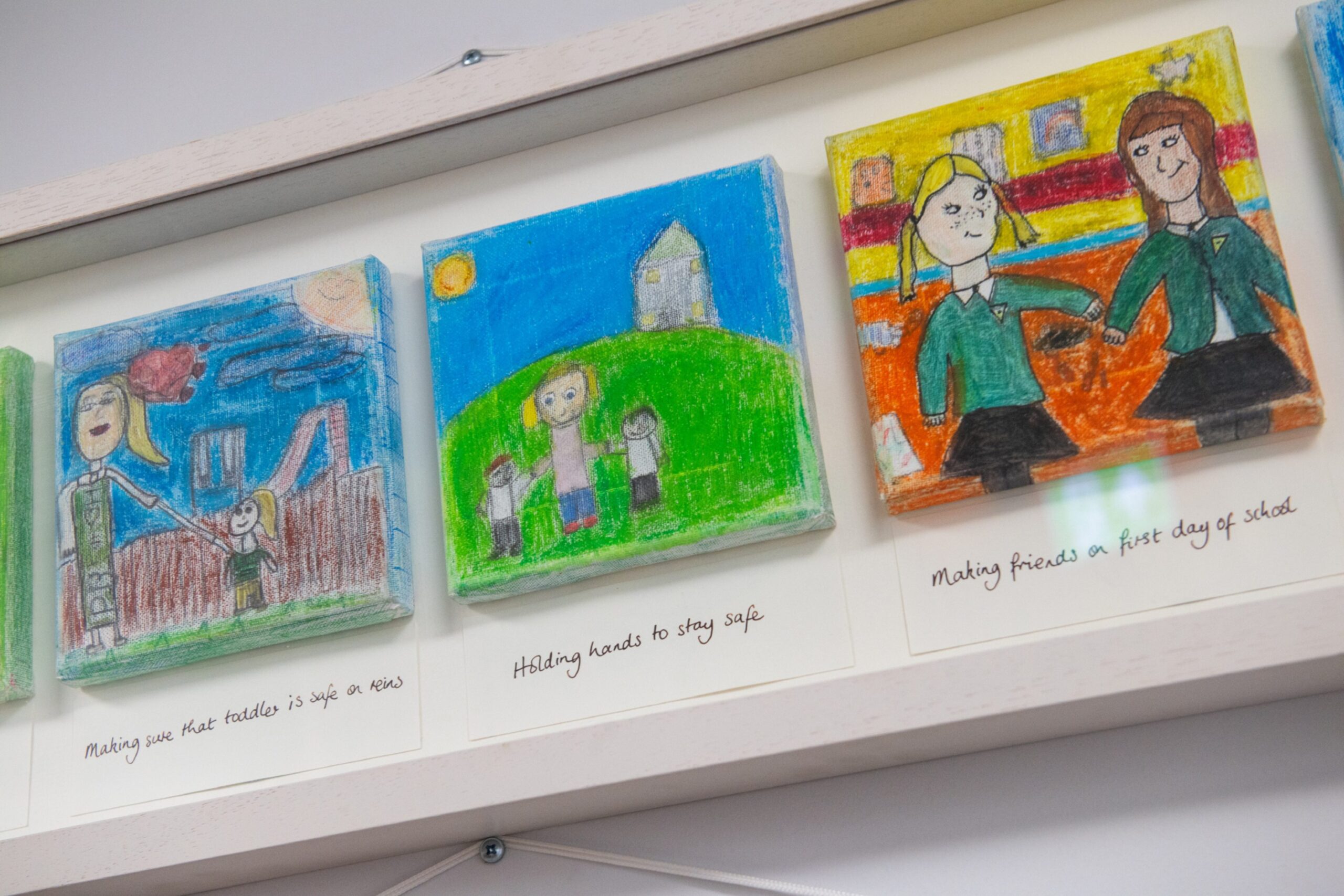
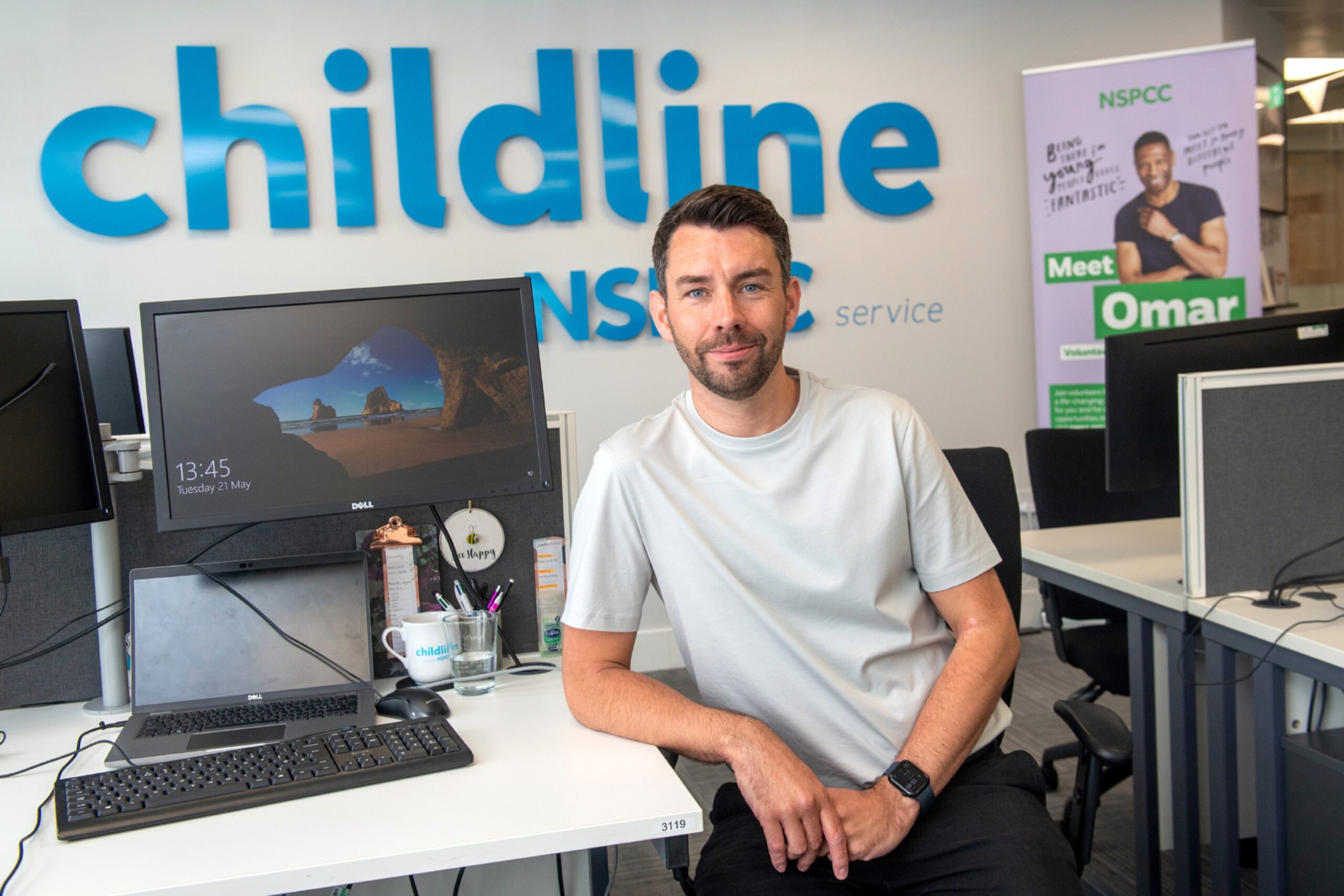
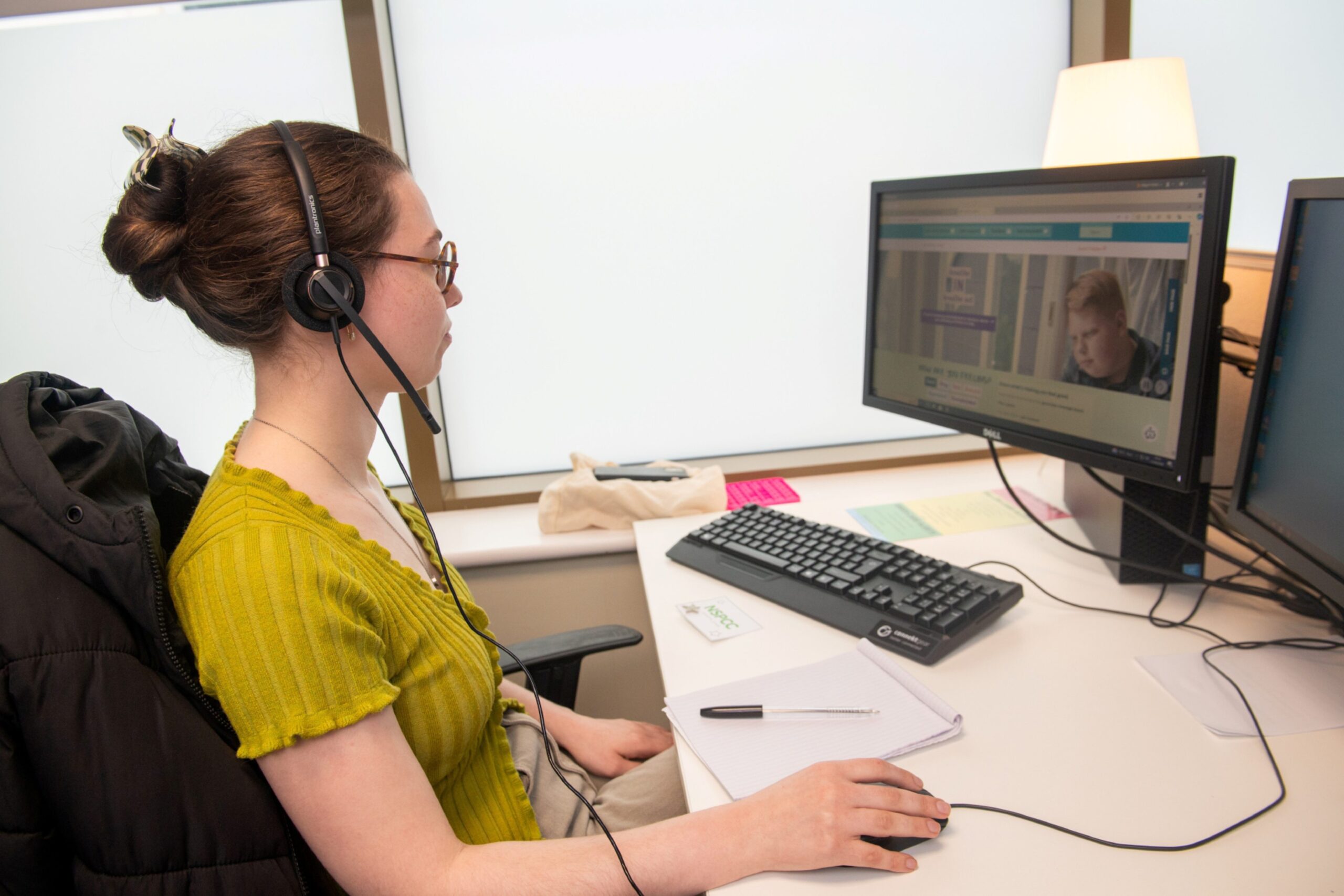
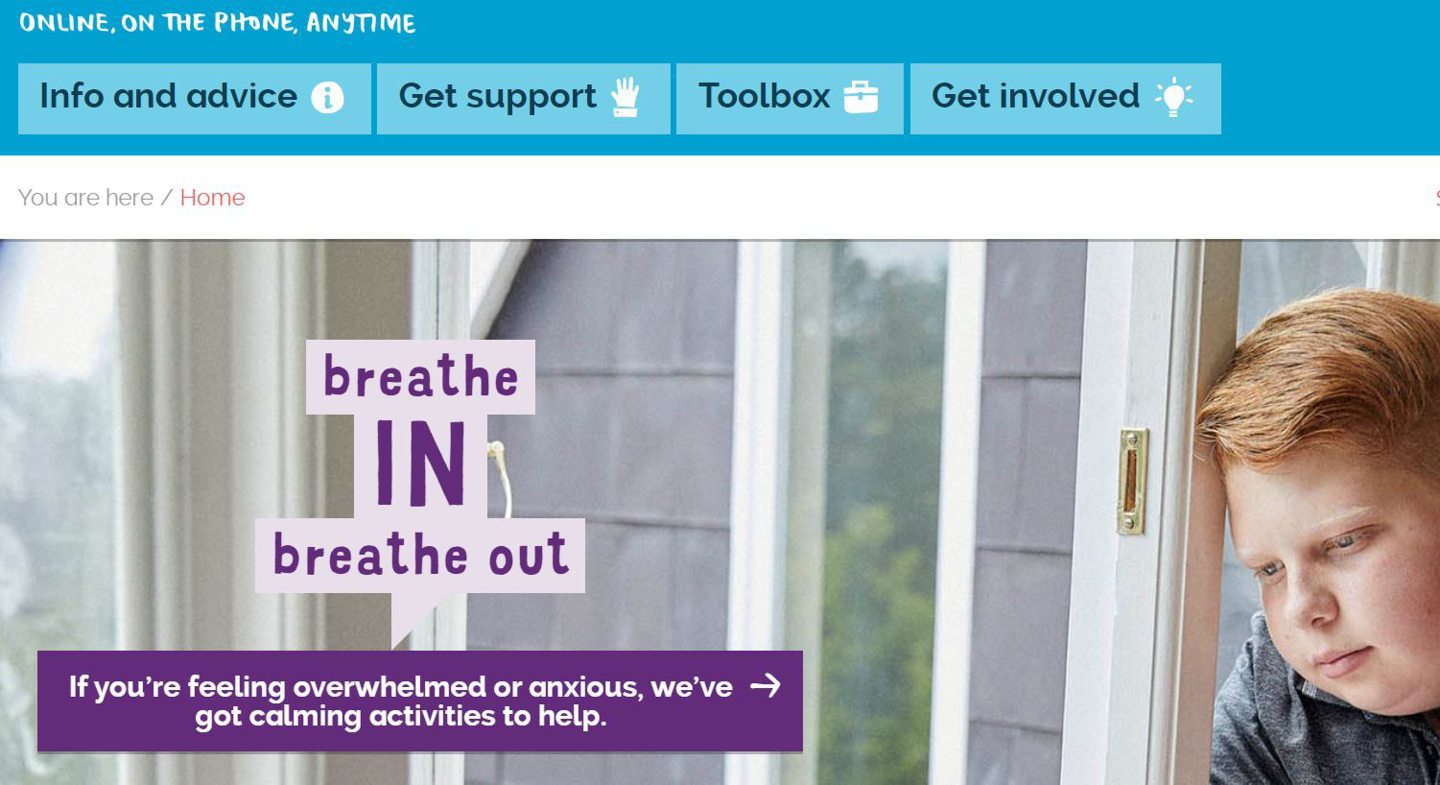
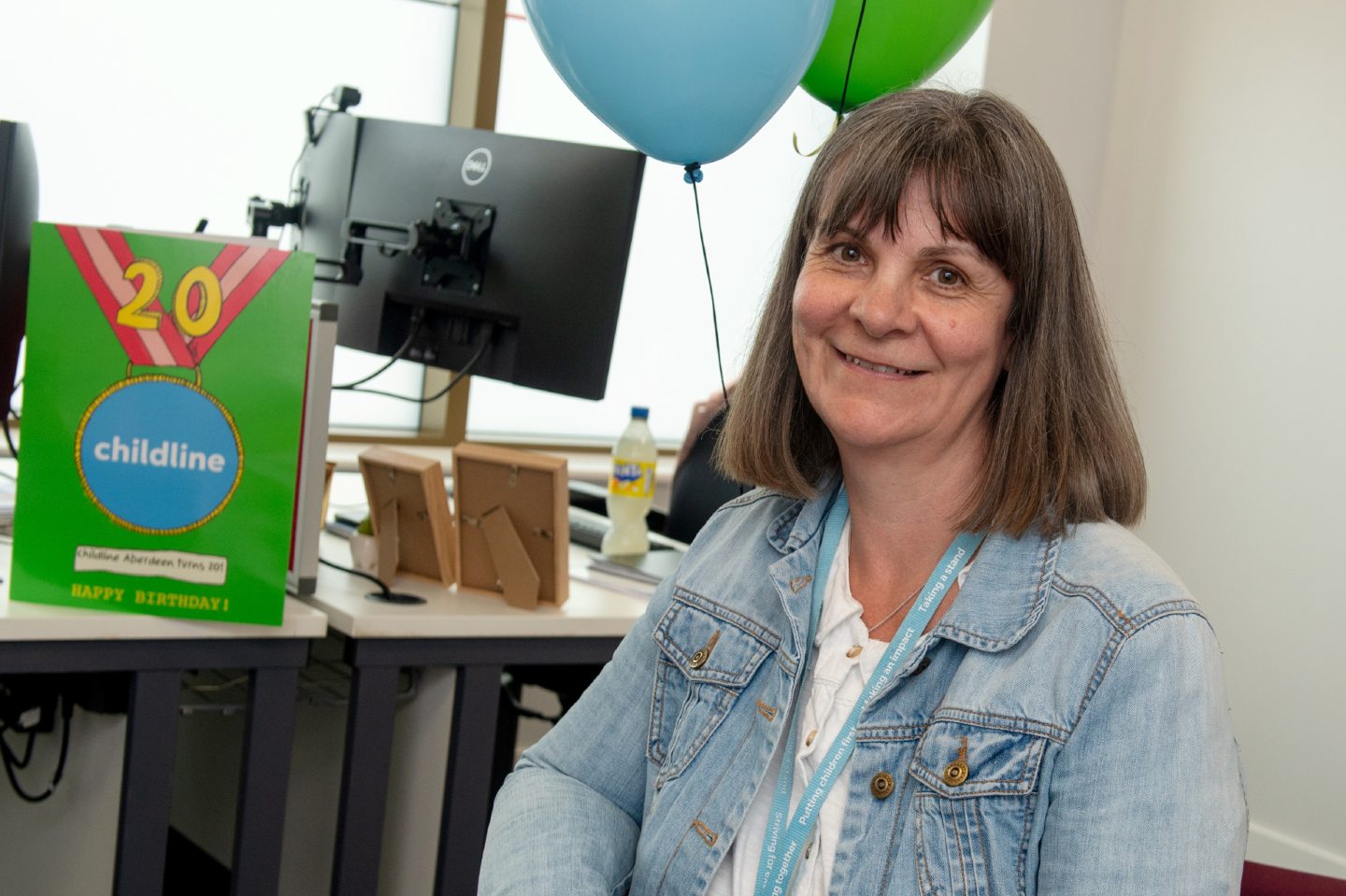
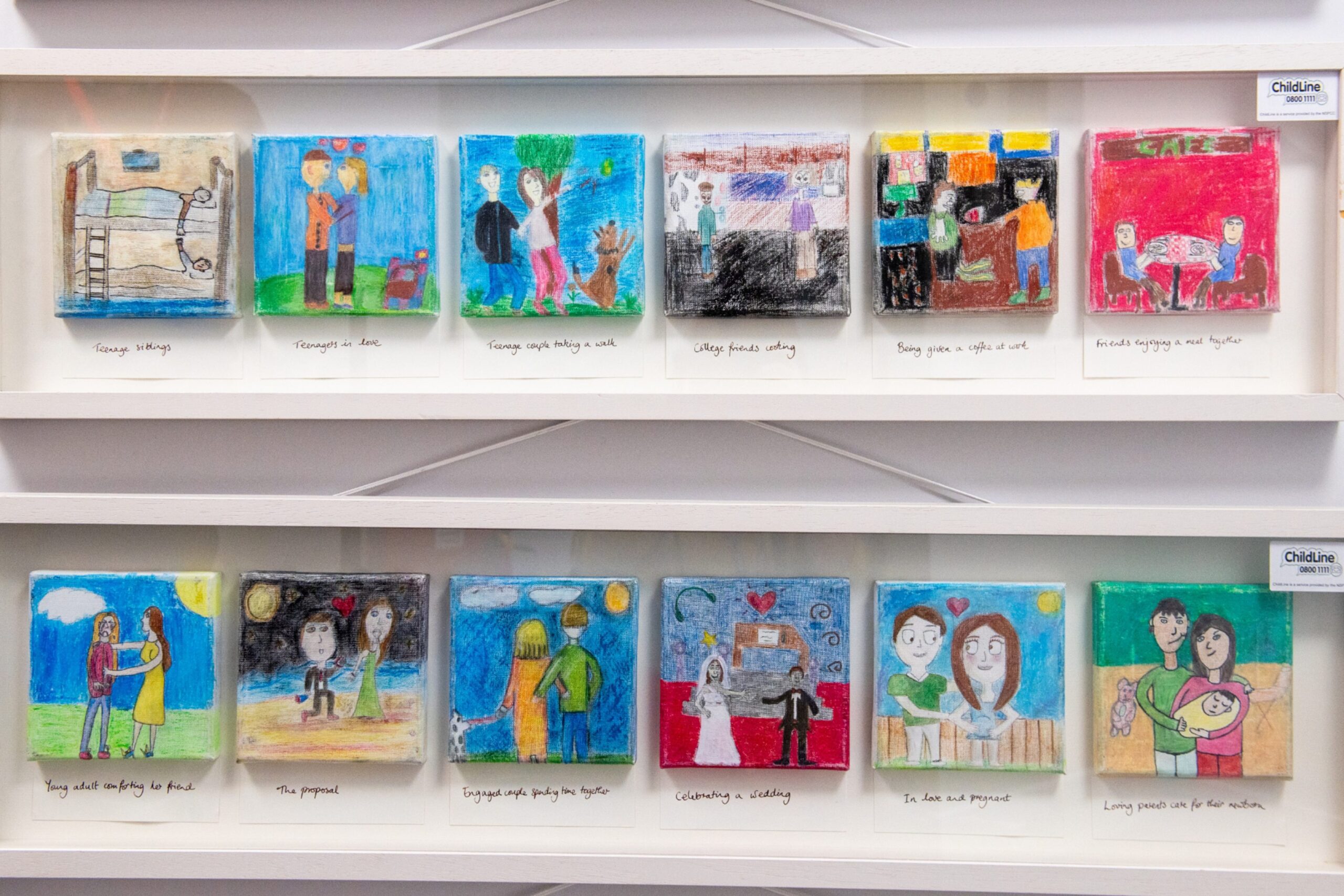
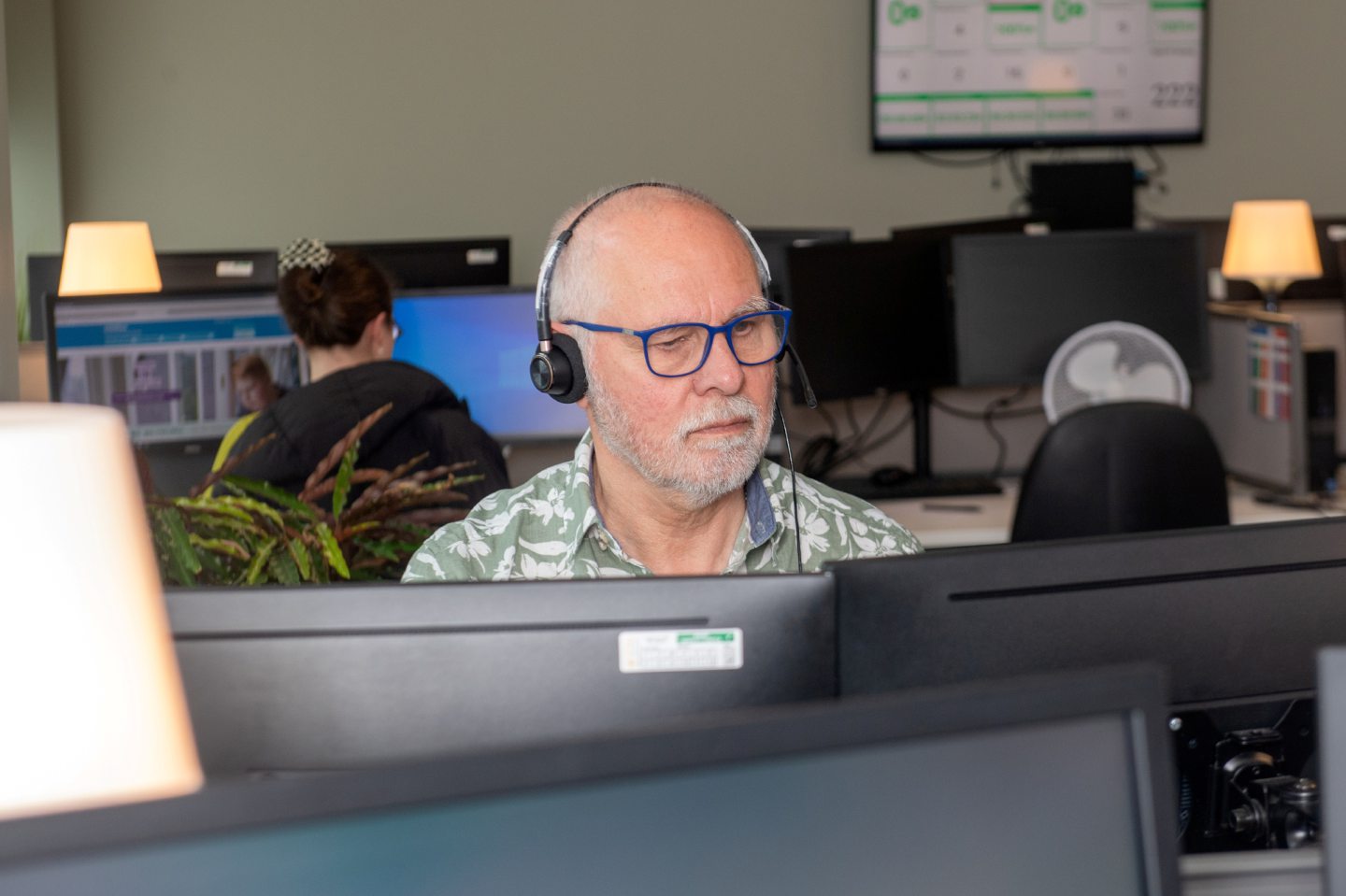
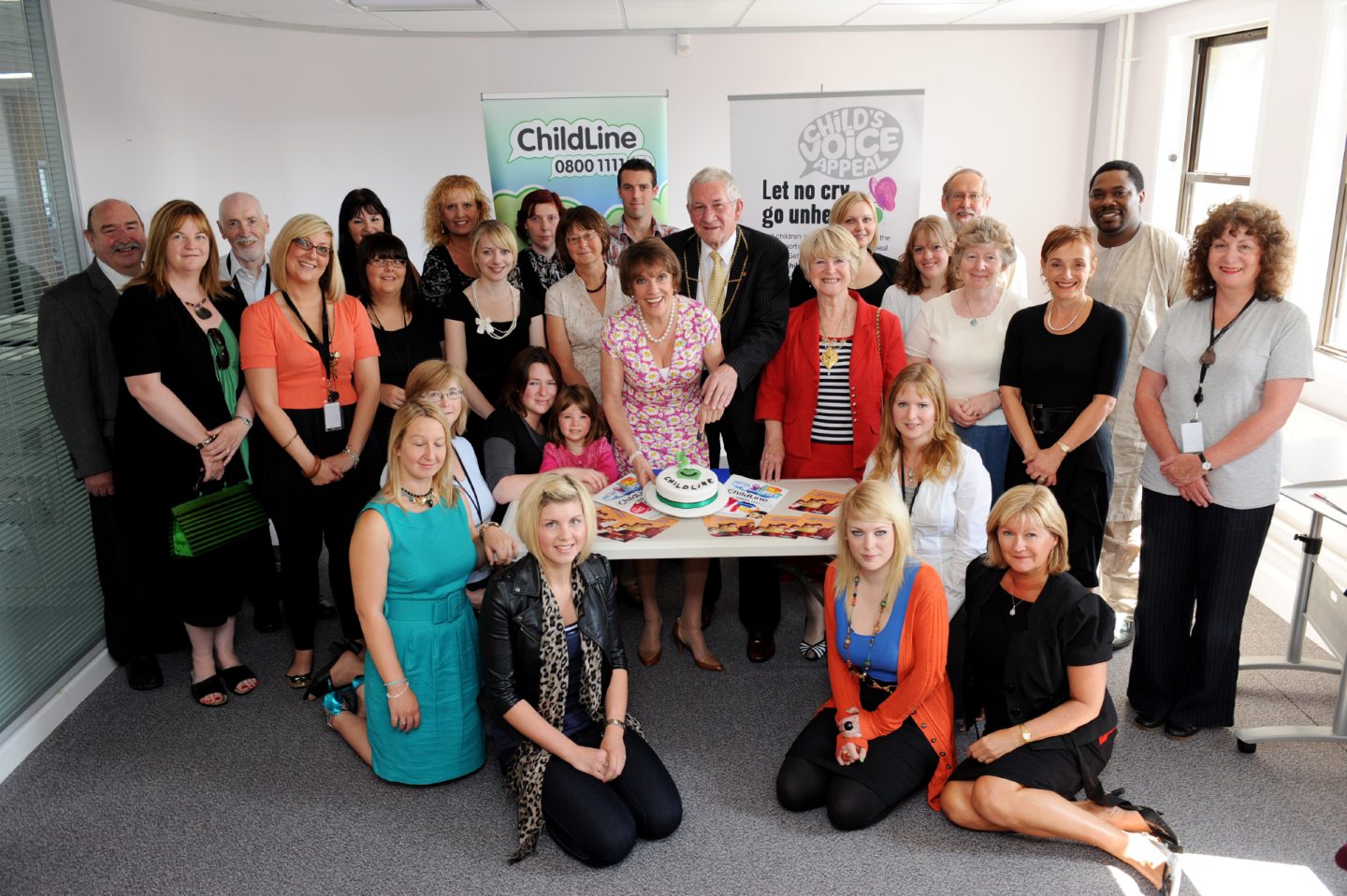
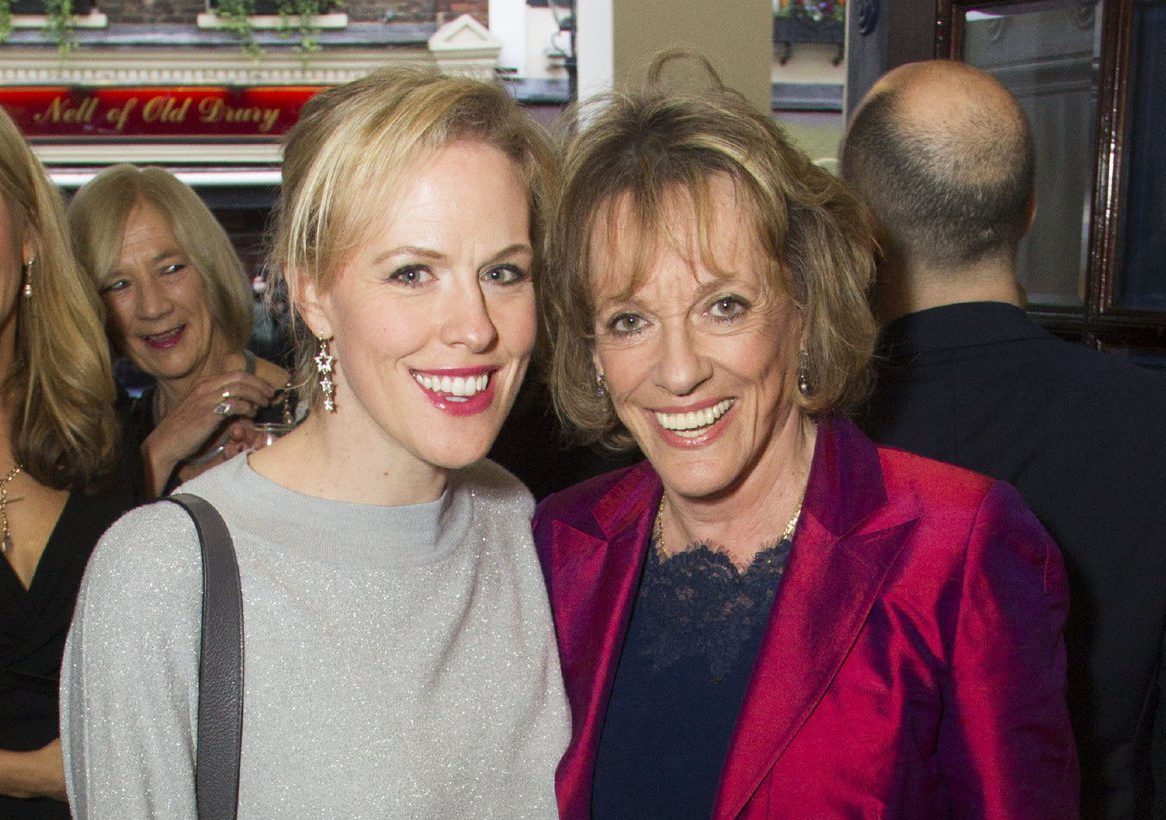
Conversation